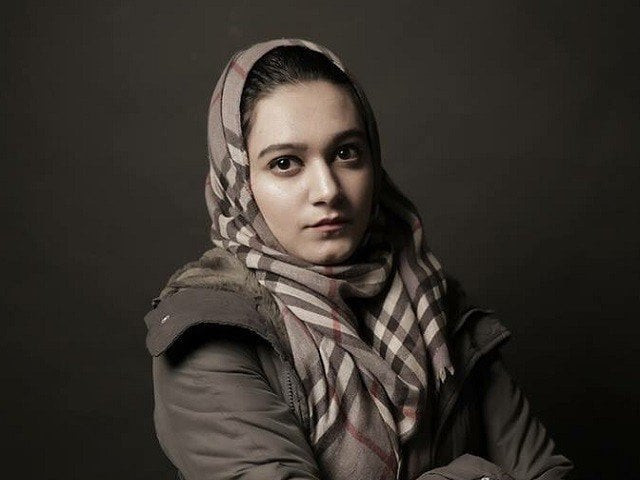A model of inefficiency
Khadija’s case shows that nobody has more influence on cases than the elected members of the numerous Bar Associations

PHOTO FILE
First, we must address the misogyny that our legal system is brimming with. It is tough being a woman in Pakistan, it is even more tough being a woman with a legal case. The judgment acquitting Shah Hussain is replete with elements of victim shaming; chiding Khadija in certain instances for having male friends and even going so far as to refer to a letter, penned by the victim to the accused, to make an argument that eerily seems to suggest that she may be partly to blame for what has happened. A cursory glance at the judgment shows that there is a serious need for some gender sensitivity training for judges at all levels. Making such statements is highly unbecoming of a judge of the High Court and raises serious questions about neutrality. At the very least it does not inspire confidence in women who wish to bring cases that might expose past relationships.
Second, it is hard to ignore that Khadija’s case probably would not have moved from the trial stage to the appellate stage at such a rapid pace had it not been able to gain significant traction in the media. My namesake barrister, Hassaan Niazi, spearheaded that movement and it is hard to contradict the argument that it had an impact on the amount of time it took for the case to start moving towards an end point. But that is not how a criminal justice system should work. One should not need money and headlines to get their case moving forward, yet sadly, that is the state of Pakistan’s criminal justice system. There are millions of other victims who languish before our trial courts — those models of inefficiency — pleading for something to happen before their grandchildren grow old.
Lastly, Khadija’s case shows that nobody has more influence on cases than the elected members of the numerous Bar Associations peppered throughout the country. Instead of working to make the legal system better, the elected representatives of the Bar only tend to make things worse. Exerting pressure on everyone from court staff to judges to get favourable decisions. That is the sole reason why people seem to contest these elections, not to make a difference, but rather, to be in a position of power in which they are the ultimate arbiters of the fate of people’s cases. Khadija is merely one victim of this borderline criminal racket. Even judges of the Supreme Court are cautious about taking on the bar associations as is evident from the debacle that occurred last year when a member of the Multan Bar damaged property in the courtroom of a High Court judge. The said lawyer still practises — having been let off with a mere slap on the wrist. Shah Hussain’s father, a lawyer who holds sway in the Lahore Bar Association, has used his influence and contacts to exert pressure on every stage of the trial. It is only because Khadija’s case had significant media attention and was in the hands of the talented lawyer Salman Safdar that the Bar Association’s influence was unable to stall the entire process.
It is high time that all political parties took note of the clear need for legal reforms in the country. It is a point that should be declared in every election manifesto. For too long we have let Pakistan’s lower courts function in a way that fundamentally prevents access to justice for the weak and vulnerable in our society. Brutal delays plague an environment dominated by roving gangs of lawyers who would rather argue with their fists rather than their ideas. It is a system rigged from the beginning in favour of the rich and powerful. Come elections 2018 we must strive for change, we must fix this model of inefficiency.
Published in The Express Tribune, June 12th, 2018.
Like Opinion & Editorial on Facebook, follow @ETOpEd on Twitter to receive all updates on all our daily pieces.















COMMENTS
Comments are moderated and generally will be posted if they are on-topic and not abusive.
For more information, please see our Comments FAQ